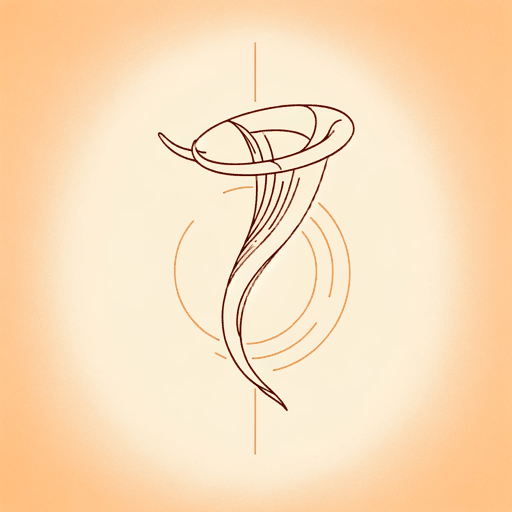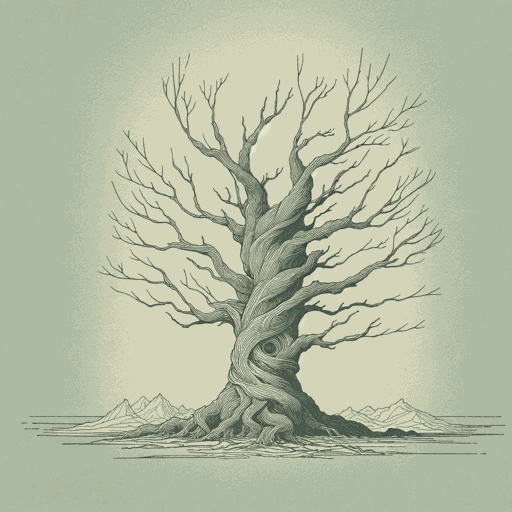71 pages • 2 hours read
Robert JordanThe Great Hunt
Fiction | Novel | Adult | Published in 1990A modern alternative to SparkNotes and CliffsNotes, SuperSummary offers high-quality Study Guides with detailed chapter summaries and analysis of major themes, characters, and more.
Themes
The Addictive Nature of Power
J.R.R. Tolkien famously disliked allegory and argued that his work should not be read through that frame: “’I cordially dislike allegory in all its manifestations, and always have done so since I grew old and wary enough to detect its presence’” (Tolkien, J.R.R. The Fellowship of the Ring, Prologue. New York: Ballantine Books, 1965). Still, readers will interpret a work as they see fit, and it is difficult to read Tolkien’s epic novel and not take a few metaphorical themes from it—namely, the addiction of power. The One Ring seduces its wearers with the temptation of power, but in the end, it only destroys them. Displaying all the classic traits of addiction, the character Gollum both loves and hates the Ring: He hates it for its control over him yet loves the feeling of power it bestows. He will lie, cheat, and steal to get his fix, and only death can rid him the Ring’s curse.
That duality—the love and hatred of power—is similarly at work in The Great Hunt. Every time Rand seeks the Void—that deep meditative state which allows him to properly wield his weapon but also leaves the One Power dangerously within reach—the temptation of seeking the Power becomes stronger and stronger.


